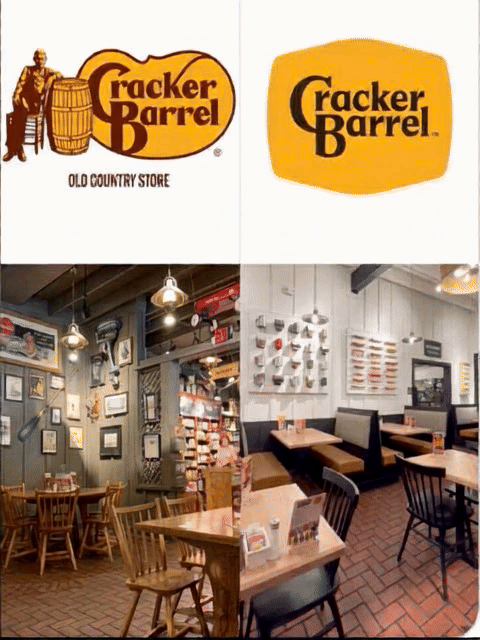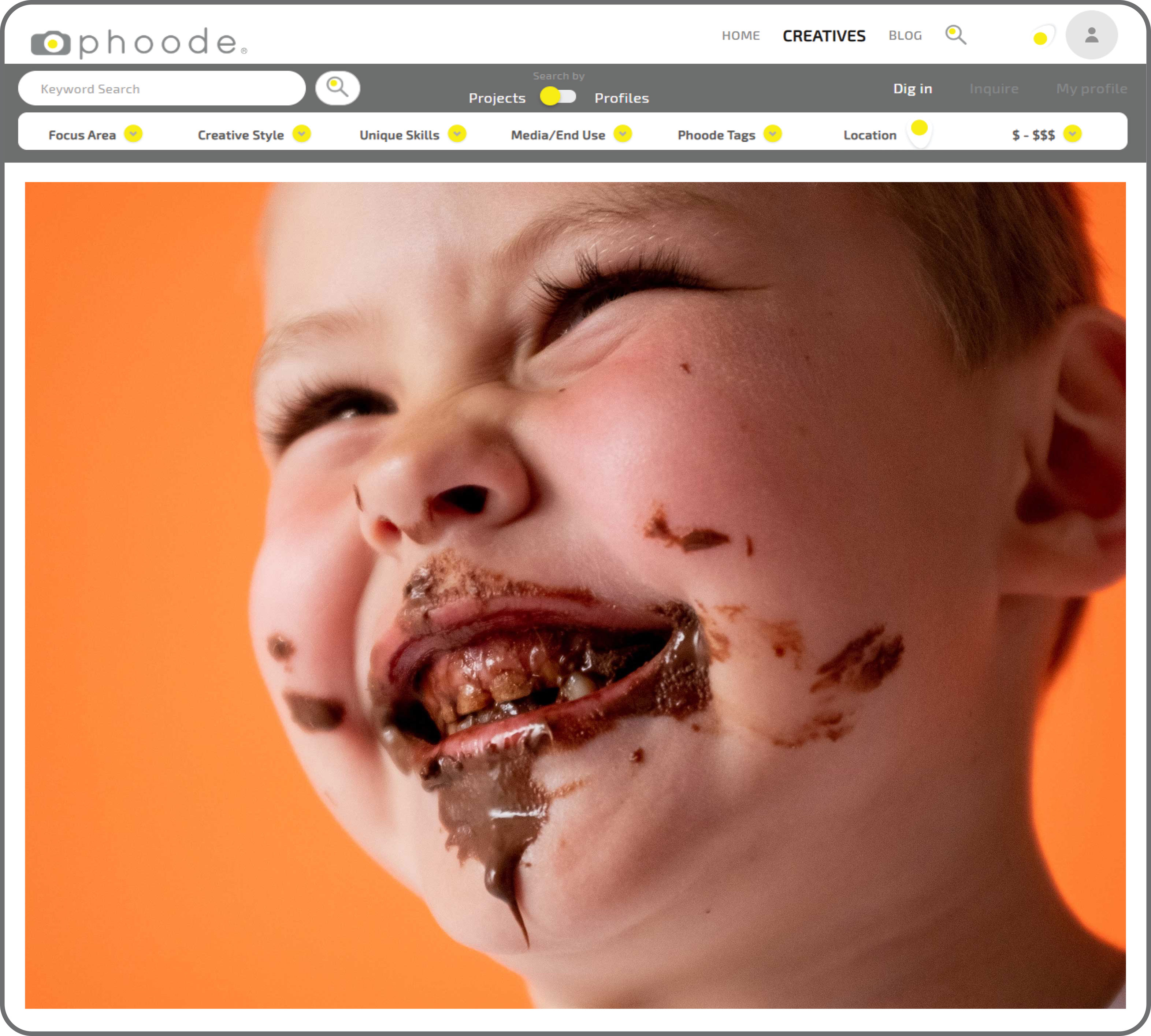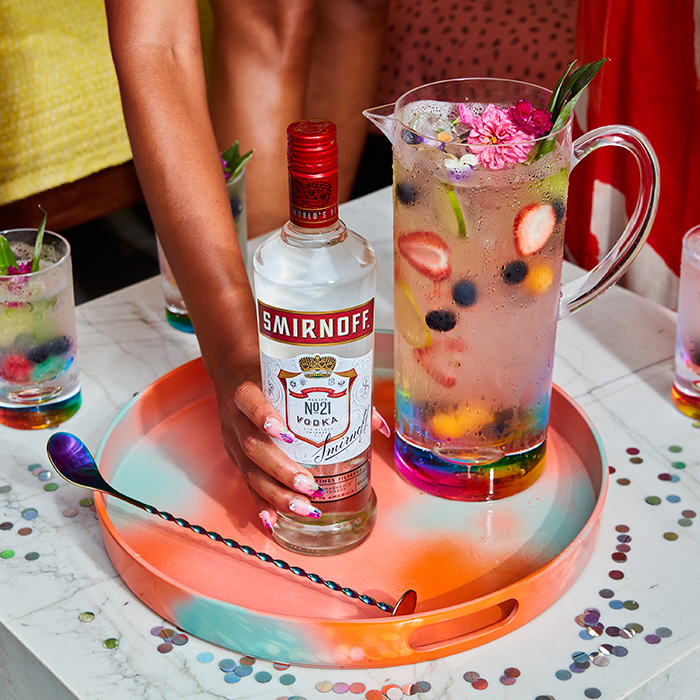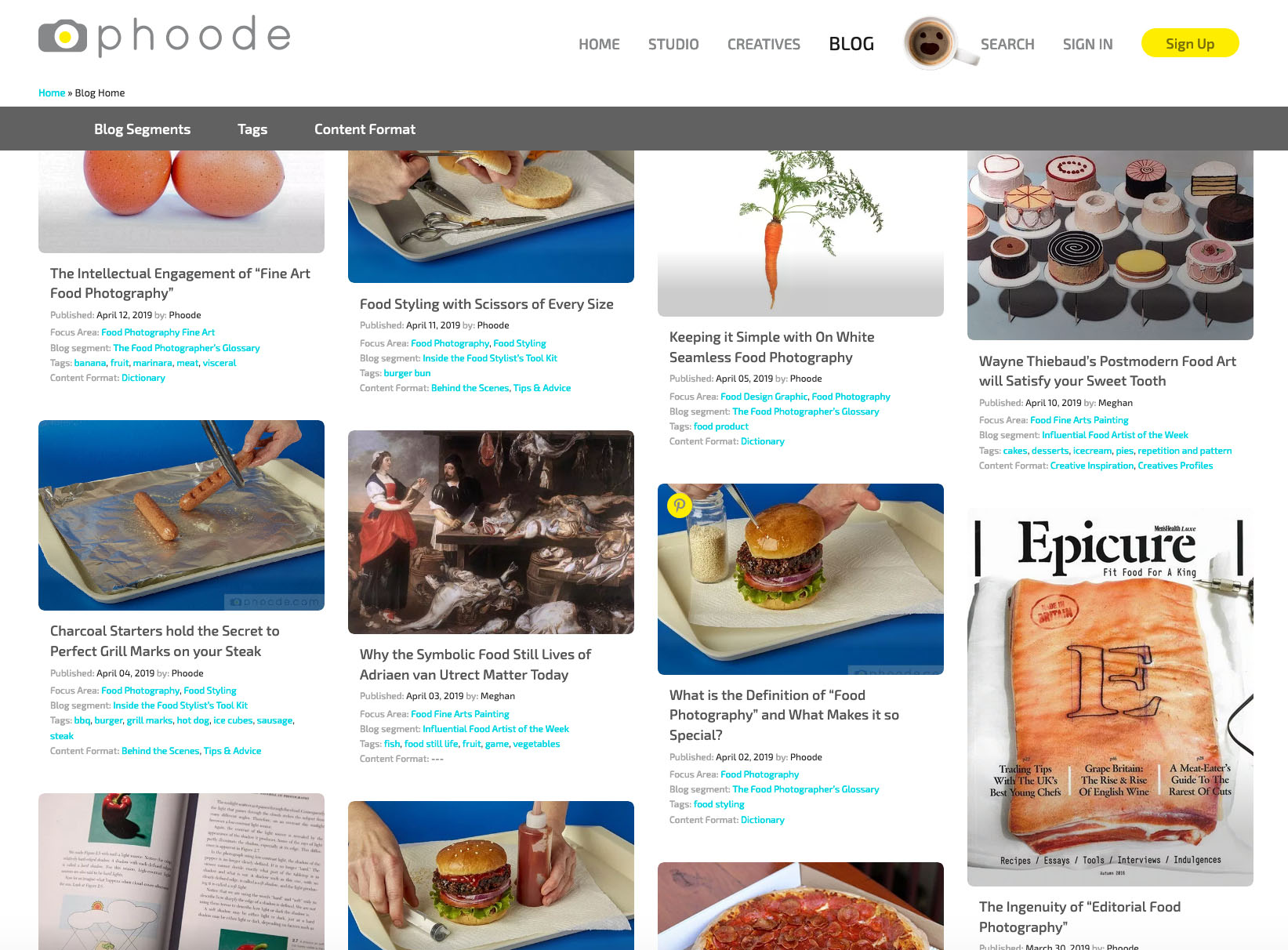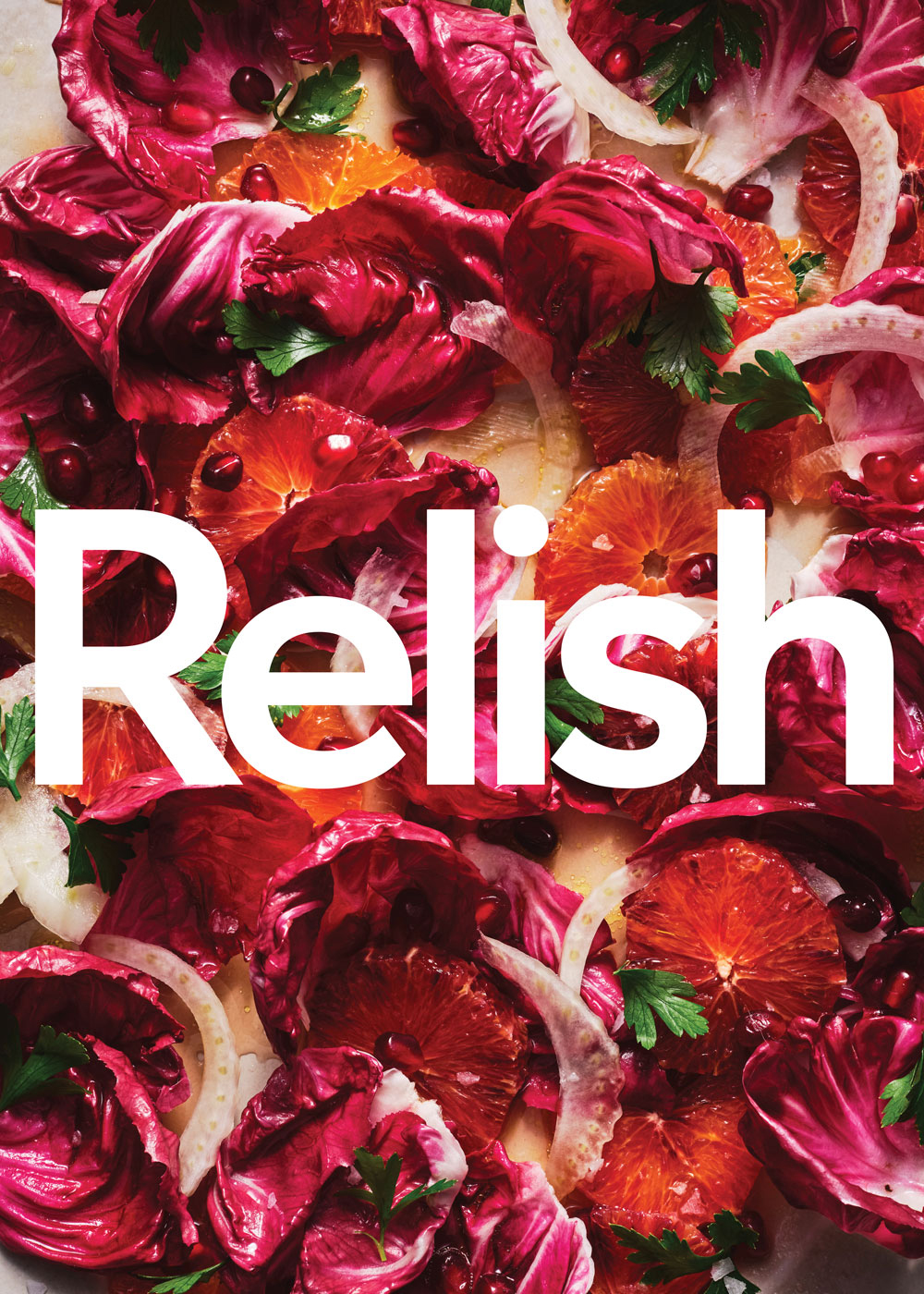The Fall of the Agency Empire and the Rise of Phoode®: Food and Beverage Branding Reimagined
In the boardrooms of Madison Avenue wannabe agencies, where egos swell larger than expense accounts, a quiet catastrophe has been unfolding for years. Traditional creative agencies, once self-proclaimed guardians of brand magic, have morphed into bloated corporate beasts—extracting fortunes from food, beverage, and hospitality brands while delivering little more than recycled mediocrity. These agencies promise innovation but peddle safety, ideology, or mediocrity, charging exorbitant fees for ideas as stale as yesterday’s bread or as uninspired as a knucklehead sandwich. And when the bill comes due, it’s the brands that pay the ultimate price: lost identity, alienated customers, and plummeting stocks.
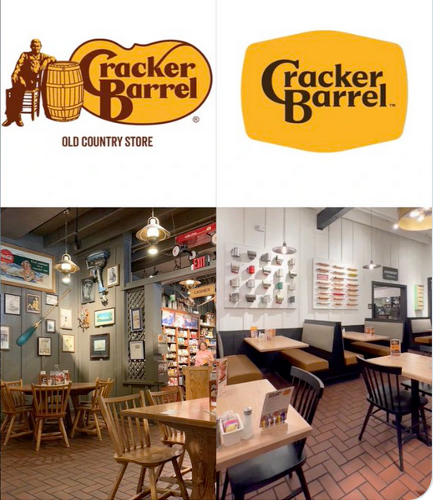
Take the recent case of Cracker Barrel, that quintessential slice of Americana with its rocking chairs and checkerboards evoking grandma’s kitchen. In 2025, they handed over a staggering $700 million to not one, but three agencies—Prophet, Blue Engine, and Viral Nation—for a rebrand that stripped away the rustic charm fans adored. Prophet, the so-called “global strategic and creative growth consultancy,” led the charge, but the result was a generic, sleek, modern logo that screamed “corporate makeover” and whispered nothing of the brand’s nostalgia. Blue Engine and Viral Nation piled on with their “innovative” input, yet the whole effort ignored real consumer feedback, leading to a tone-deaf disaster. Stock prices cratered by nearly $100 million almost overnight, as loyal patrons flooded social media with outrage. “They’ve lost their soul,” lamented a 93-year-old co-founder, calling the effort “pitiful.” It wasn’t just a design flop; it was a betrayal of heritage, born from agencies too detached—and perhaps too greedy—to taste the essence of the brand. Millions pocketed, Cracker Barrel humiliated.
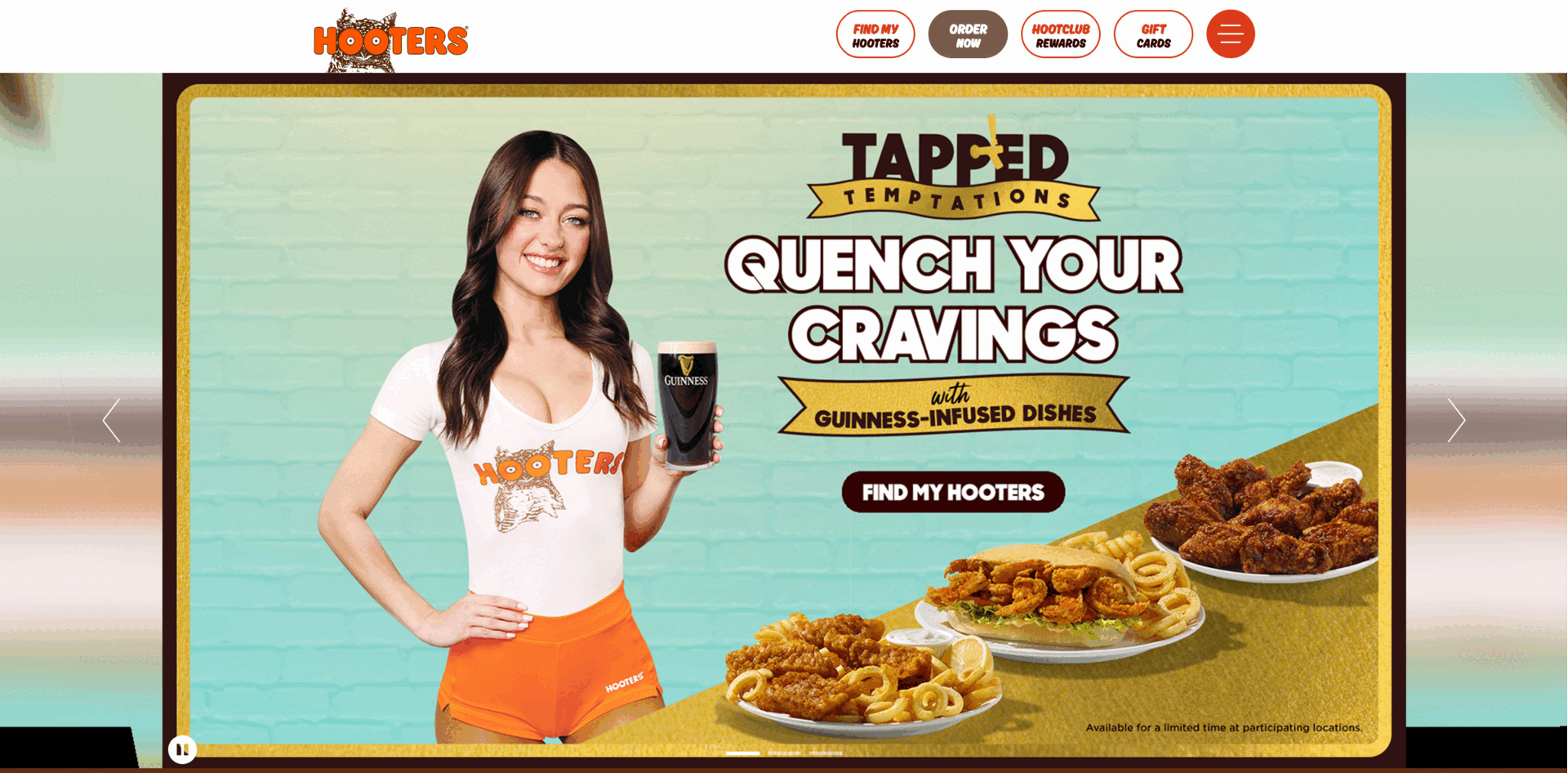
Even Hooters tells a similar tale, though its wounds run deeper into an identity crisis. Known for its “delightfully tacky” vibe, the chain filed for bankruptcy in 2025 amid shifting cultural tides. Attempts to rebrand toward a more family-friendly image—ditching bikini contests and emphasizing community—sparked mockery and backlash from core fans who felt the edge was dulled. The art of subtle evolution seems lost. While specific agencies aren’t named here, the pattern is the same: overpaid consultants pushing safe, generic strategies that alienate the very customers who built the brand. The result: shuttered locations, franchise overhauls, and desperate pivots in a market demanding authenticity over gimmicks.
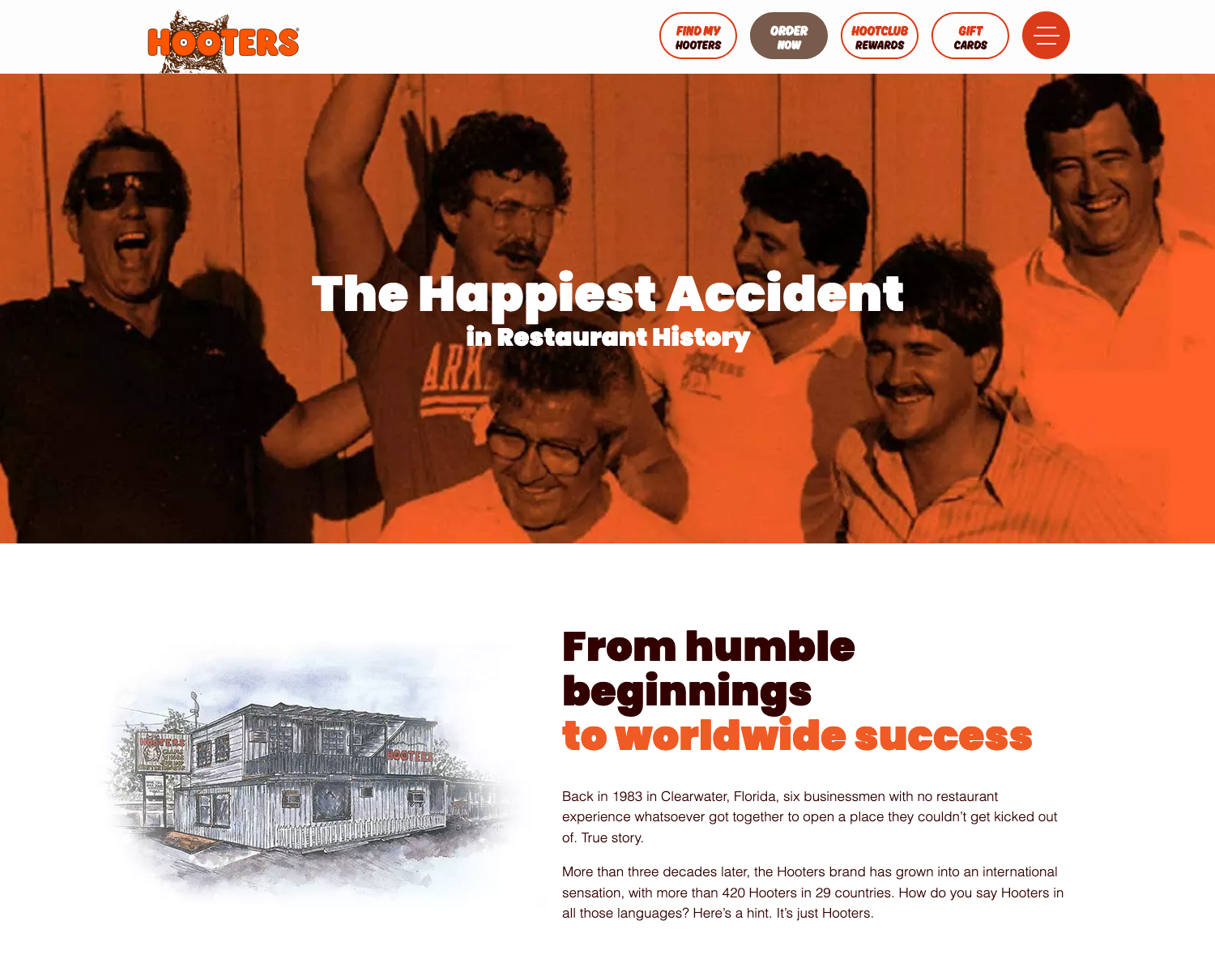
Agencies and their “creatives” often operate in ideological and politically biased bubbles, often pushing their own beliefs on others—not to evolve a brand authentically—but to push an agenda, chase buzz, please peers, and avoid any perceived risk in their own environment. Detached from reality, they disassociate from the consumers who actually build brands. The result? Homogenized or out-of-touch work that is safe for them but uninspiring, stripping away bold, distinctive edges and turning vibrant stories into forgettable whispers. This isn’t evolution—it’s brand destruction with a hatchet.
These aren’t isolated blunders. Tropicana’s 2009 packaging overhaul ditched the iconic orange-with-a-straw for a minimalist carton that looked like generic store-brand juice. Arnell agency burned $35 million on the refresh, but sales plunged 20% in weeks, forcing a humiliating reversal.
The pattern is clear: 50% of brands’ marketing budgets vanish into administrative overhead of the agencies—fancy lunches, endless meetings, travel perks—while another 45% funds creative that’s anything but effective. Real consumer feedback? An afterthought. Brands end up with tone-deaf launches that erode trust, turning loyalists into critics and profits into losses. In a $100 billion creative market for food, beverage, and hospitality, this inefficiency isn’t just wasteful—it’s destructive.
In the best-case scenario, these agencies won’t destroy your brand outright—but most won’t lead it to new heights either. Bureaucracy, safe choices, and mediocre thinking of the people involved in the process prevent innovation. They cannot be reformed. If I were a CEO or CMO, I wouldn’t spend a dollar on that. It represents no one but agency people and their “creatives.”
Here’s where the story turns electric: technology can shatter this broken empire, and I am using it to build Phoode®, an AI-powered food and beverage branding platform and biggest creative network in the world. AI isn’t just a buzzword—it’s a tool that puts power back in the hands of brands, consumers, and true creative minds and innovators.
Imagine drawing ideas from a membership-based global network of food and beverage-focused creative talents: graphic designers with new rebrand ideas, photographers capturing steam rising from a perfect pour, chefs infusing concepts with edible artistry, and directors weaving narratives as rich as a slow-simmered sauce. No more bloated middlemen skimming the cream and delivering watered-down ideas. Phoode® lets human ingenuity shine: build teams that fit your taste and your customers’ needs, prototype, brainstorm, produce, and test ideas with real consumers in real time. Iterate as often as needed, slashing risk and cost by up to 90%, while preserving—and amplifying—your brand’s unique essence.
Phoode was born out of my frustration with industry creative complacency and inefficiency. Powered by AI-infused workflows, it guides you the the best solution, it devours the status quo, connecting brands directly to a vetted ecosystem of creatives, marketers, and designers. Ideas flow freely, refined through instant consumer feedback loops. Whether it’s a logo remake, social media content, original food product photography, or a sizzling TV campaign, Phoode® keeps brands vibrant, authentic, and relevant—without the soulless dogma agencies push.
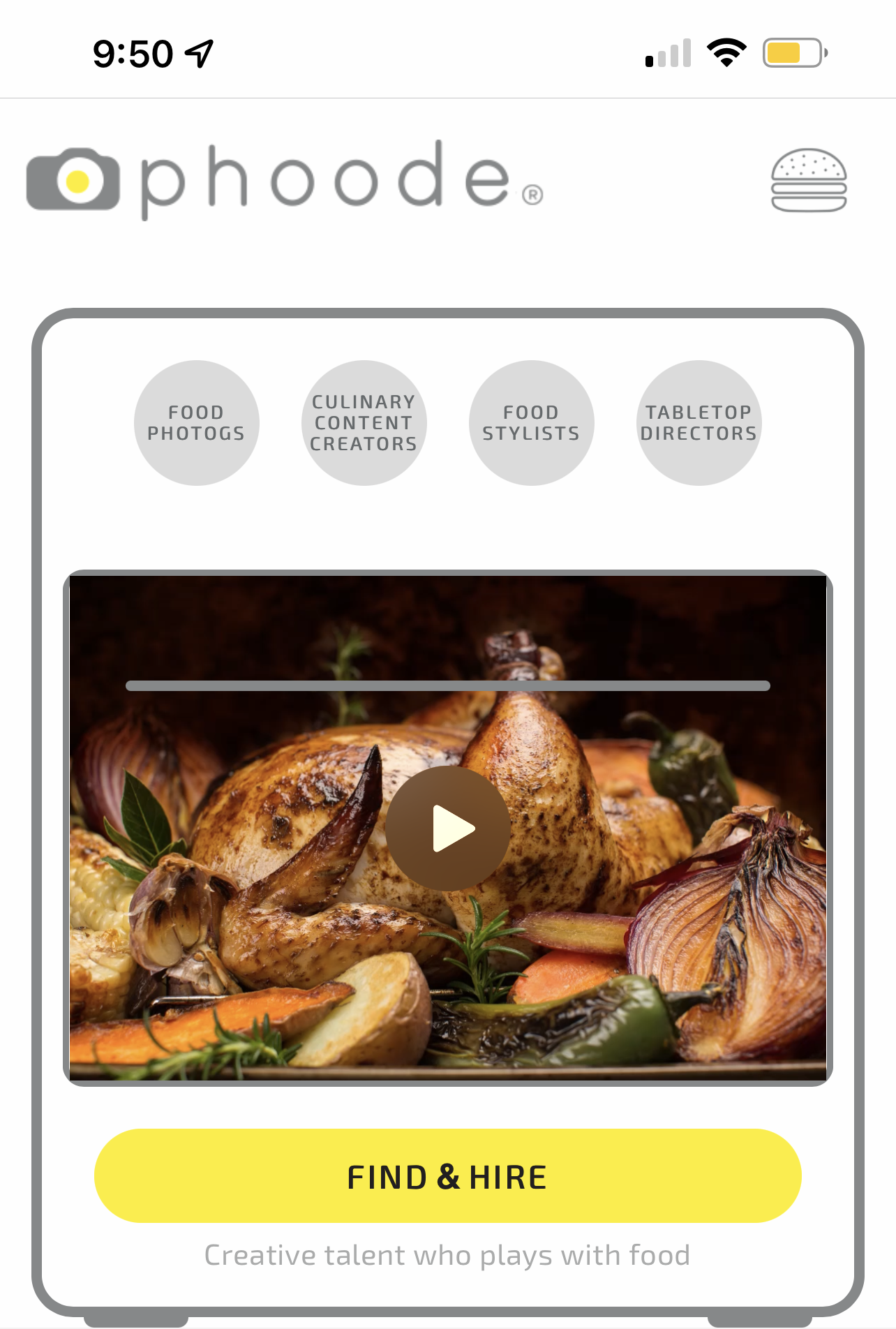
Phoode® has already sparked a coalition of 7,000 users (both, brands and creatives) and 30,000 followers eagerly awaiting new features and insights. The bottom line: brands should not have to spend $700M in the dark to get git by lightning. Technology enables measurable, effective creative solutions built and implemented organically and efficiently.
Now, as I seek to raise capital to scale Phoode®’s platform and features, we’re poised to claim a $30 billion slice of this market. If you’re an investor with a palate for disruption, a CTO/co-founder ready to code the future of food, or a creative industry insider itching to reclaim creative control, you should join me! Together, we’ll rewrite the recipe for success—turning failures into feasts and visions into victories.
The agency empire is crumbling. But I am cooking something delicious in its place.
Reach out if this sounds like a plan!
—Marta Fowlie, Founder of Phoode®




